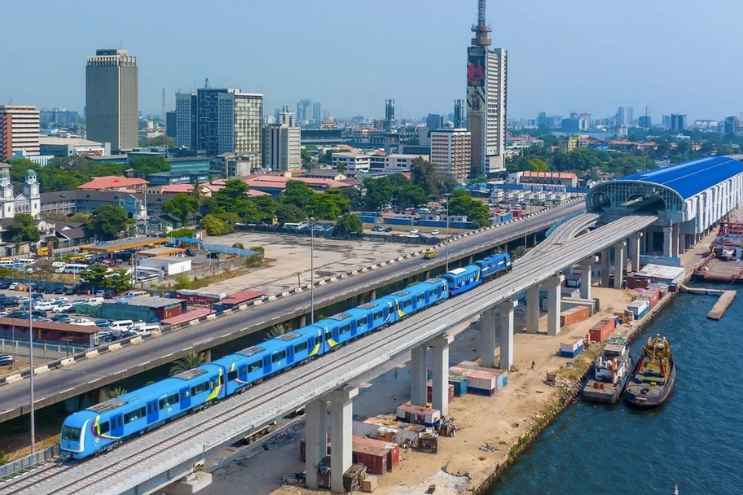Will the Lagos Blue Line begin commercial operations in August? What we know.
Scheduled for commercial operations in August, the Blue Line is both anticipated and met with scepticism.

The Lagos state transport system may be on the verge of a major change with the apparent, imminent launch of the first phase of the Blue Line. The rail network is part of the proposed Metro Line in 1983 which was later advanced and incorporated into the Lagos Sta…



